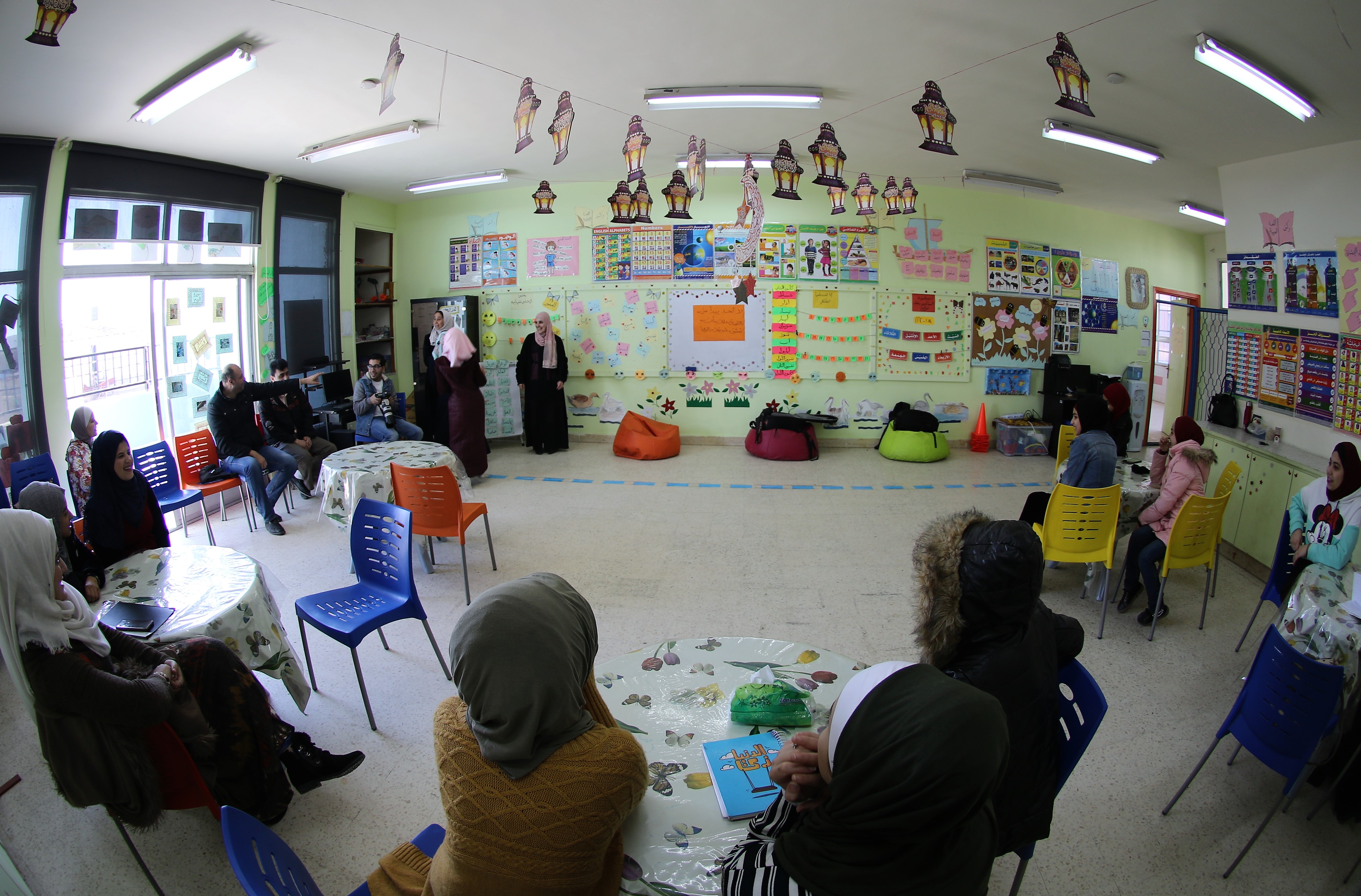White seedless grapes, so good, frozen for a snack on a summer day. When the cold, crunchy grape idea lodges in my head, I always head off to Aldi’s. Good prices for good grapes. Quarter in hand, I put it in the chain slot and yank the grocery cart out of its lineup.
When I am done shopping and return my cart to reclaim my quarter, someone will often offer me a quarter and take the cart. Less hassle for me and for them. I think grapes and I see Aldi’s carts. Done.
I sat over coffee last weekend with a friend who came to the States as a pre-teen refugee. Now she is an (expensive!) mathematician/statistician who forecasts future changes for large companies to stay ahead of that future. I am always in awe of these dudes with their charts and statistics (aka crystal balls foretelling the future) – who look at lines on spreadsheets and click through layers of data screens to come up with something to say that people use to decide what to spend money on. Always a mystery to me. I don’t see things that she sees.
She also sees Aldi differently than I do. She notices the people hanging out at the corner of the Aldi building. And goes up to talk with them. And invites them into the store to shop with them (her quarter in that slot!). They have no stoves. No refrigerators. No sinks. But they have hungry kids.
She encourages them to select fruits, lots of fruits for those hungry kids. And veggies that you can wash and eat. And cheese. All the stuff that you can carry off and eat, over a day or so, that won’t spoil or require heat to eat (stoves and ovens). And she pays for it and wishes them well. They get food. And dignity – someone saw them, helped them, let them choose, listened to them.
I think grapes and see carts at Aldi’s. She sees people at the edge, watching us go in and out of Aldi’s. She sees their hungry little ones. How did she get such good eyesight?
Well, she was little and hungry and afraid, too. Once. And uprooted, displaced, refugeed. Do her eyes see with more rods and cones than mine? Do her ears pick up frequencies that my ears don’t? Likely, right? But because of what she tells me that her eyes and ears pick up, I can see and hear better myself.
However, I never met a refugee who felt honored to be one. This 20th of June is World Refugee Day – a day the UN sets aside each year to honor those people who had to flee from their homes, family, country. I do, however, meet many, many friends who fled from their homes who feel honored when people welcome them, treat them with dignity and ensure second chances for jobs, health, homes, and education.
I like those frozen grapes. But I am also into Middle Earth – a Lord of the Rings Tolkien-nerd. Totally into Gandalf and Frodo. Gandalf once explained that “Some believe it is only great power that can hold evil in check, but that is not what I have found. I found it is the small everyday deeds of ordinary folk that keep the darkness at bay…small acts of kindness and love.”
World Refugee Day is also “Gandalf Day” for me. A day for remembering that small deeds of kindness and love hold back the darkness. LOTS of ordinary folk and LOTS of quarters for LOTS of small acts of kindness make LOTS of difference.
We appreciate your generosity to amplify the dignity of those who left everything behind – we welcome, we listen, we make second chances possible.
Curt



